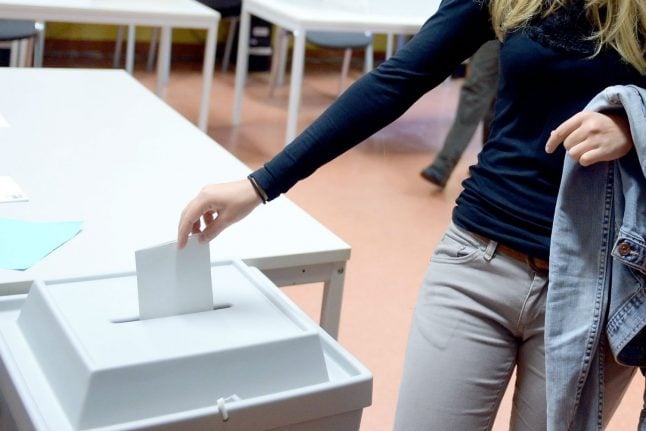The 17-year-old boy was lured to a playground in Sollentuna, north of Stockholm, by the 16-year-old girl, the Metro newspaper reports.
Upon arrival, the boy was confronted by a gang of ten boys wearing Spiderman masks and ski masks who proceeded to kick, punch and kick the 17-year-old.
“I wanted him to be punished for what he did to me,” the 16-year-old girl told investigators, according to the indictment.
The incident, which took place last spring, came after a previous assault in which five boys had kneed the boy in the face, put him in a stranglehold, and burned him with a cigarette.
According to the indictment, the 16-year-old girl had urged the boys to attack the 17-year-old as payback for repeatedly raping the girl.
During questioning, the girl admitted to the crime, saying she regretted recruiting the teenagers to assault her alleged rapist.
“I didn’t think that 15 guys would come, but maybe two who would rough him up,” she said.
The ten boys, aged 15 to 17, have now been charged in Attunda District Court with aggravated assault, while the girl has been charged with instigating an aggravated assault.



 Please whitelist us to continue reading.
Please whitelist us to continue reading.
Member comments